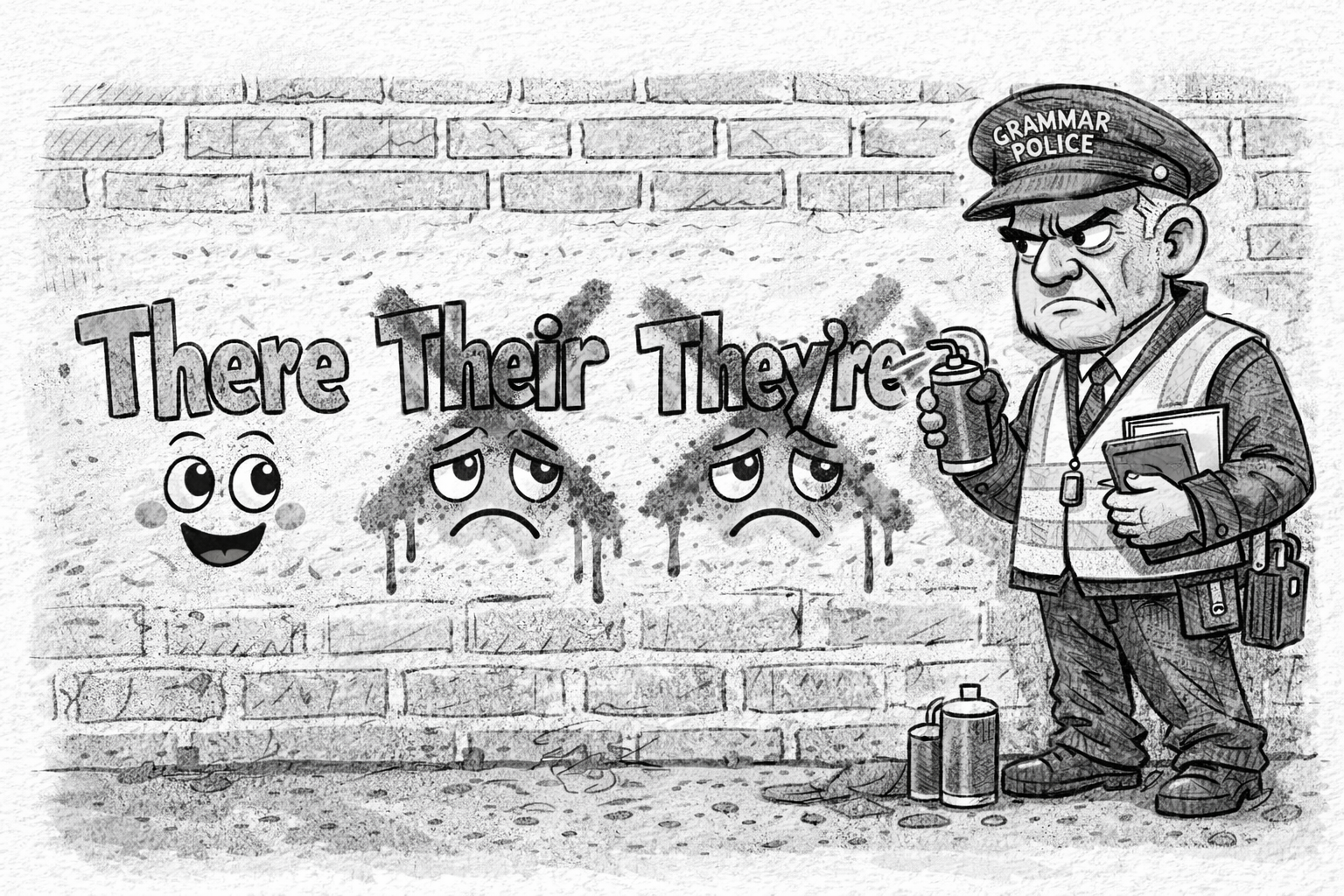The Moral and Ethical Implications of Conducting Psychological Research on Zombies.
The concept of zombies has long fascinated and terrified people, capturing the imagination through literature, films, and popular culture. While zombies exist purely in the realm of fiction, imagining a scenario where a zombie apocalypse occurs, raises interesting questions regarding the moral and ethical implications of conducting psychological research on a staple of the horror genre, the Zombie. In this think piece, we delve into the complex considerations surrounding the study of zombies during a hypothetical zombie apocalypse, exploring the boundaries of scientific inquiry, the rights of sentient beings, and the ethical responsibilities of researchers.
The Sentience Question
The first ethical quandary emerges from the ambiguity surrounding the sentience of zombies. In most depictions, zombies are mindless, reanimated corpses devoid of human consciousness. However, if we assume that some semblance of cognition or residual humanity remains, it opens up a ethical minefield. How can we ascertain the psychological state of beings whose cognitive processes may be severely compromised? Should we treat them as sentient individuals with inherent rights, or mere objects of scientific curiosity?
Informed Consent and Autonomy
In traditional psychological research, informed consent and autonomy are fundamental principles. However, applying these principles to zombies during a zombie apocalypse becomes highly problematic. Zombies are typically depicted as lacking the ability to comprehend, communicate, or give informed consent. Conducting research on them without consent raises serious ethical concerns, as it infringes upon their rights and autonomy. Researchers must grapple with the question of whether it is justifiable to study creatures that cannot provide informed consent.
Beneficence and Non-Maleficence
The ethical principles of beneficence (promoting well-being) and non-maleficence (avoiding harm) are crucial considerations in conducting research. In the case of zombies, the question arises as to whether the potential benefits of psychological research outweigh the inherent risks and harm involved. It is essential to balance the pursuit of knowledge with the potential consequences of experimenting on dangerous and potentially violent beings. Researchers must carefully evaluate the potential benefits, risks, and societal implications before engaging in such research.
Societal Priorities and Resource Allocation
During a zombie apocalypse, resources and human efforts are typically focused on survival, protection, and finding a cure or solution. Allocating scarce resources to conduct psychological research on zombies may be viewed as diverting attention and resources from more immediate and vital needs. Ethical considerations demand that researchers prioritize actions that contribute to the greater good and address the pressing needs of humanity during a crisis.
Unintended Consequences and Security Risks
Engaging in psychological research on zombies carries inherent security risks. The unpredictability of zombie behaviour, potential transmission of infection, and the risk of inadvertently causing harm or worsening the situation raise ethical concerns. Researchers must carefully consider the potential unintended consequences of their actions and take precautions to prevent harm to themselves, other researchers, and the wider community.
Simply Put
While the prospect of conducting psychological research on zombies may seem intriguing, it is essential to approach the topic with a critical ethical lens. The moral implications surrounding the study of potentially sentient beings without their consent, the balance of benefits and risks, and the allocation of resources require careful consideration. It is crucial for researchers to engage in ethical decision-making, prioritizing the welfare of both human and non-human entities, and ensuring that the pursuit of knowledge is conducted responsibly and with respect for all sentient beings. Ultimately, in hypothetical scenarios involving zombies, we must reflect on the value of life, the principles of compassion, and the overarching responsibility to safeguard humanity's collective well-being.






